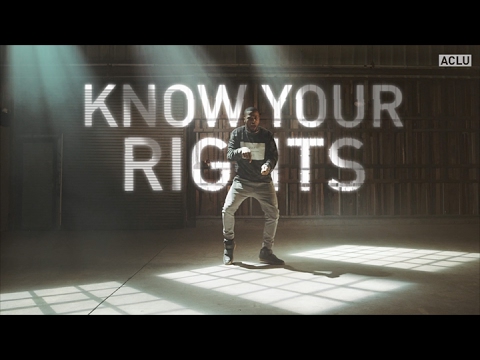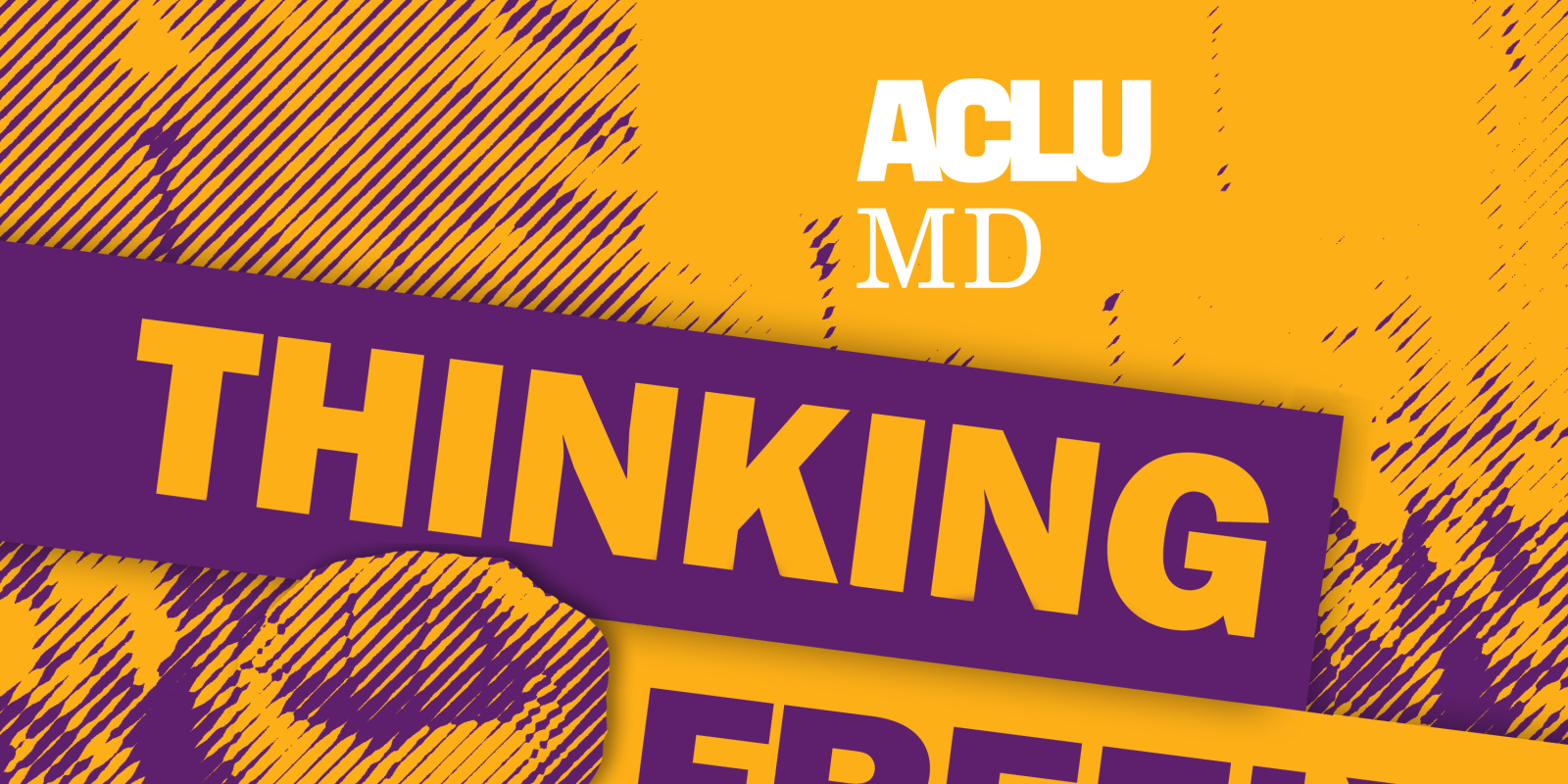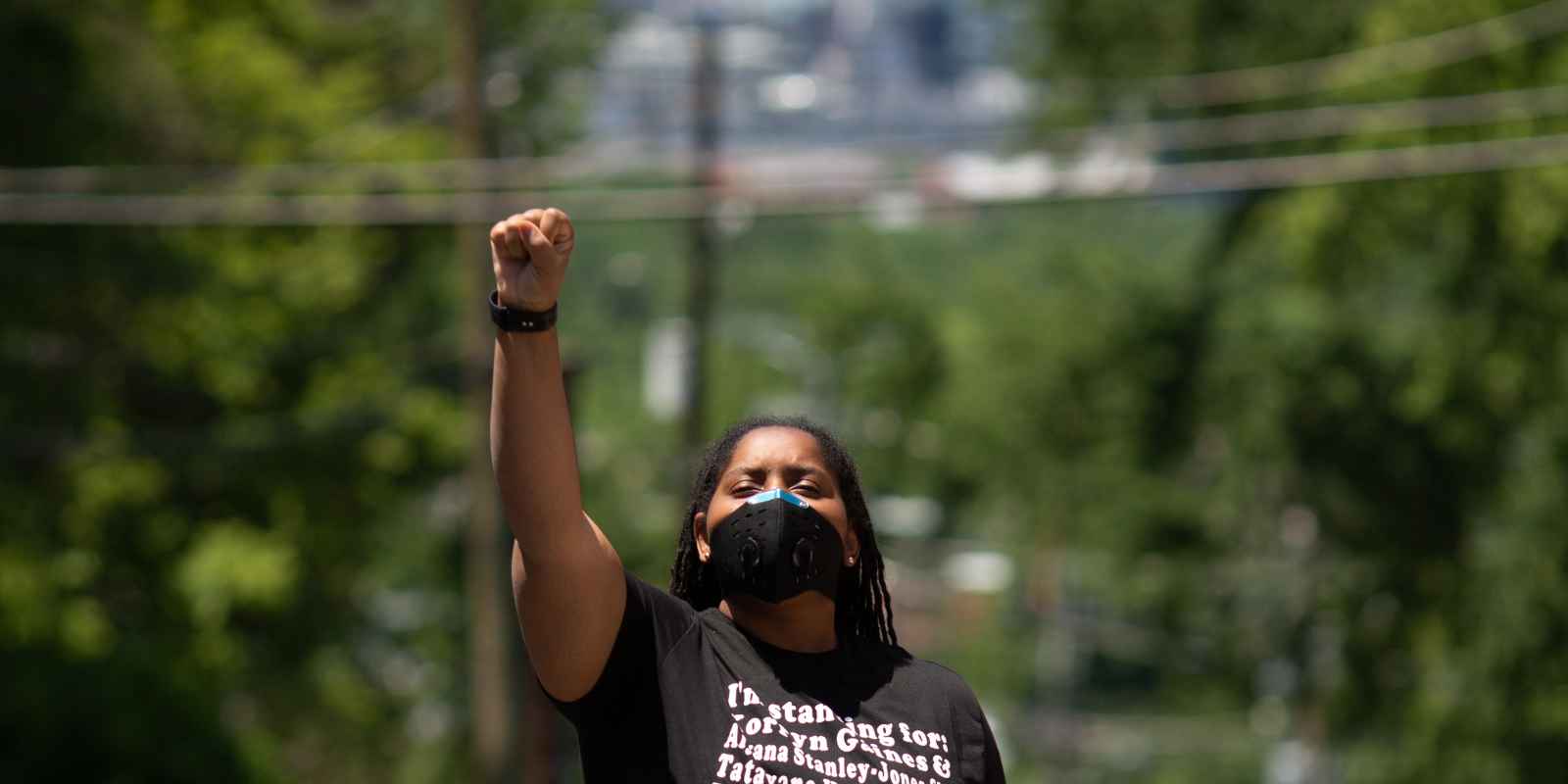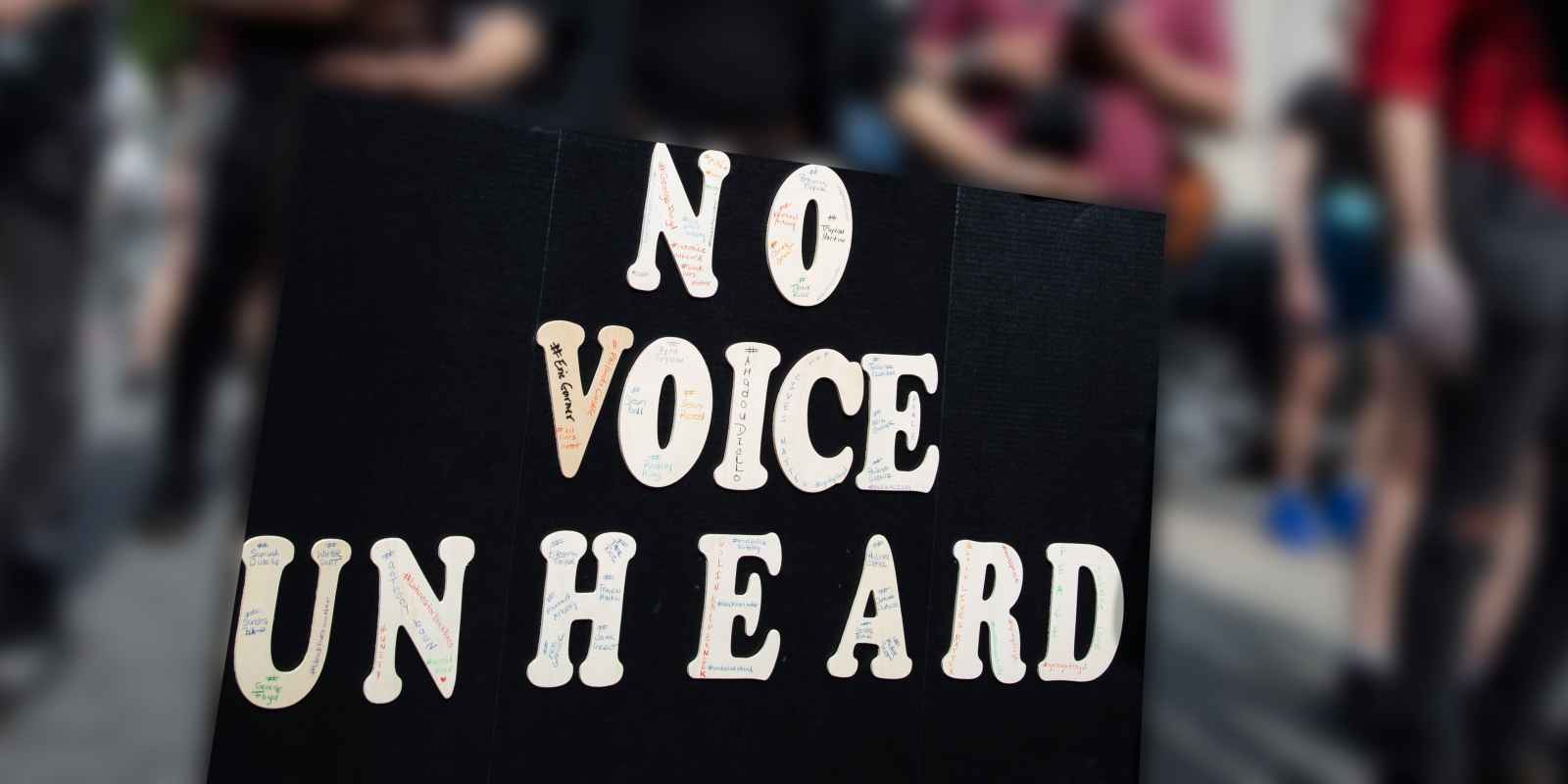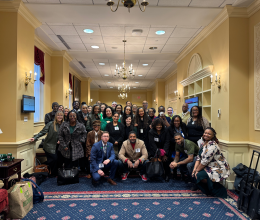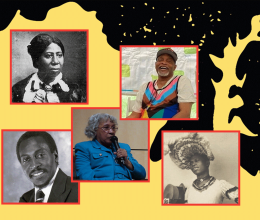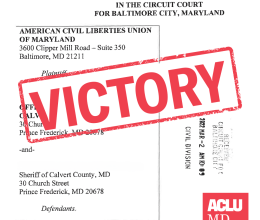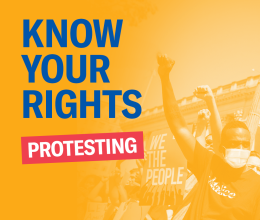
Knowing your rights is vital, especially during police interactions. You cannot assume that officers will behave in a way that protects your safety or that they will respect your rights even after you assert them.
That’s why the ACLU of Maryland developed our free Know Your Rights program so that you can know how to exercise your rights and what to do when your rights are violated.
